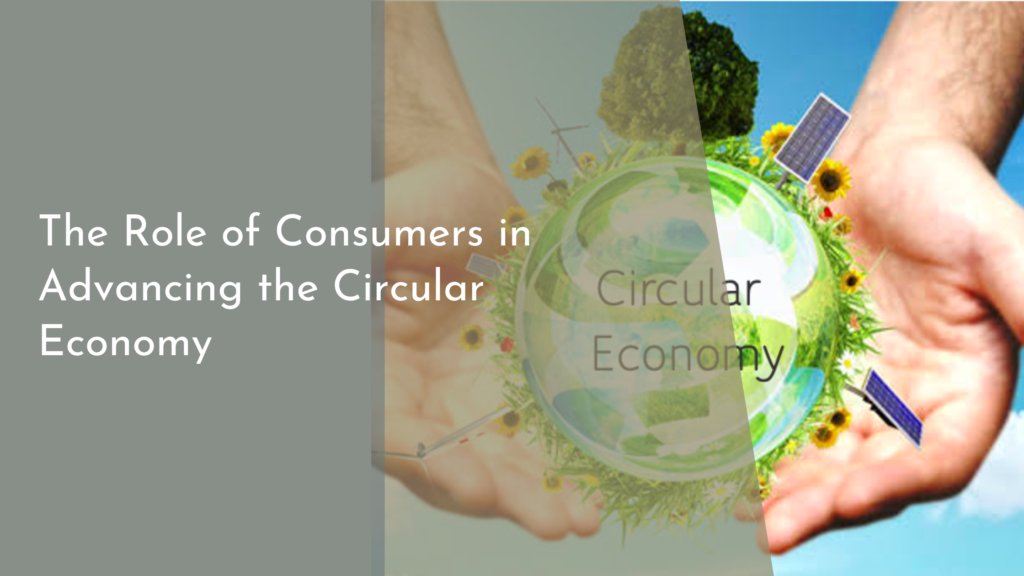Innovative Technologies for Food Waste Reduction
In recent years, the pressing issue of food waste has been at the forefront of global environmental discussions. With nearly a third of all food produced worldwide going uneaten, innovative technologies are stepping up to tackle this problem head-on. From smart packaging and composting solutions to AI-powered apps and collaborative platforms, these advancements are not only reducing waste but also paving the way for a more sustainable future. Let’s explore some of the groundbreaking technologies that are revolutionizing how we approach food waste reduction.
Smart Packaging Solutions for Freshness
Smart packaging technology has emerged as a game-changer in the fight against food waste. These innovative solutions extend the shelf life of perishable products, ensuring that they remain fresh for longer periods. One notable advancement is the use of time-temperature indicators, which visibly change color to indicate the freshness status of the food item. This helps consumers make informed decisions, preventing premature disposal and unnecessary waste. Another promising innovation is antimicrobial packaging, which incorporates natural substances that inhibit the growth of bacteria and fungi, keeping food safe and extending its usability.
Moreover, smart packaging is increasingly incorporating IoT (Internet of Things) technologies to monitor the condition of food products in real time. These systems can track temperature fluctuations, humidity, and even physical damage, providing valuable data to both consumers and retailers. By alerting users to potential spoilage risks, smart packaging empowers them to take proactive measures, such as adjusting storage conditions or consuming items before they go bad. Overall, these solutions are transforming the way we store and manage food, significantly reducing waste at both the consumer and retail levels.
Composting Innovations for Urban Areas
Urban areas face unique challenges when it comes to composting, but recent innovations are making it more accessible and efficient. One such advancement is the development of compact, odor-free composting units designed for small living spaces. These units utilize advanced microbial technology to accelerate the decomposition process, allowing urban dwellers to turn kitchen scraps into nutrient-rich compost with minimal effort. By making composting easier and more convenient, these innovations encourage city residents to divert organic waste from landfills, contributing to a more sustainable urban environment.
In addition to household solutions, community composting initiatives are gaining traction in urban areas, fueled by cutting-edge technologies that enhance their effectiveness. For instance, automated composting systems are being deployed in public spaces, equipped with sensors that optimize conditions such as temperature and moisture levels. These systems can process large volumes of organic waste, reducing the burden on municipal waste management operations. By integrating these innovations into city infrastructure, urban areas can significantly reduce their carbon footprint while fostering a sense of community responsibility and engagement in sustainability efforts.
AI-Powered Apps to Minimize Waste
Artificial intelligence (AI) is playing a pivotal role in minimizing food waste through the development of intuitive and user-friendly apps. These applications are designed to help consumers manage their groceries more efficiently, offering personalized recommendations based on purchase history and real-time inventory tracking. By analyzing data on expiration dates and consumption patterns, AI-powered apps can alert users when items are approaching spoilage, prompting them to use or donate food before it becomes waste.
Beyond individual use, AI is also being harnessed by businesses to streamline their operations and reduce food waste. Restaurants, for instance, can use AI-driven software to predict demand more accurately, minimizing overproduction and spoilage. Similarly, grocery stores are using AI to optimize inventory management, ensuring that perishable goods are stocked and sold within their optimal freshness windows. These applications not only help businesses cut costs but also contribute to broader waste reduction efforts by aligning supply with demand more effectively.
Collaborative Platforms for Surplus Sharing
Collaborative platforms for surplus sharing are revolutionizing how communities handle excess food. These digital networks connect individuals, businesses, and non-profit organizations to facilitate the redistribution of surplus food to those in need. By leveraging technology, these platforms make it easy to match available surplus with recipients, reducing food waste while addressing food insecurity. Platforms like Olio and Too Good To Go have gained popularity, enabling users to share excess groceries, meals, and even farm produce, fostering a sense of community while promoting sustainability.
Furthermore, businesses are also embracing these platforms to manage their surplus stock more efficiently. Supermarkets, bakeries, and restaurants are partnering with such networks to offer discounted or free items that would otherwise go to waste. This not only helps reduce their environmental impact but also enhances their corporate social responsibility efforts. By making surplus sharing a seamless and convenient process, these collaborative platforms are transforming how surplus food is perceived and utilized, turning what was once waste into a valuable resource for communities.
The quest to reduce food waste is a multifaceted challenge that requires innovative solutions and collective action. As we’ve seen, smart packaging, composting innovations, AI-powered apps, and collaborative platforms are making significant strides in addressing this issue. By embracing these technologies, individuals and businesses alike can play a crucial role in minimizing waste and creating a more sustainable future. As these innovations continue to evolve, there’s hope that the world will not only reduce food waste but also cultivate a culture of sustainability and resourcefulness that benefits both people and the planet.

